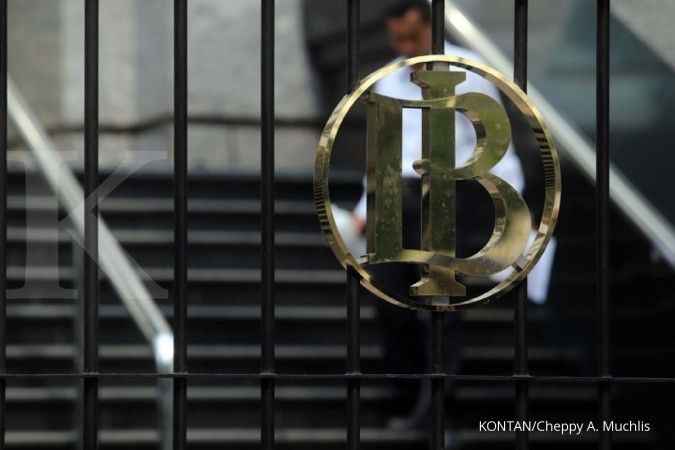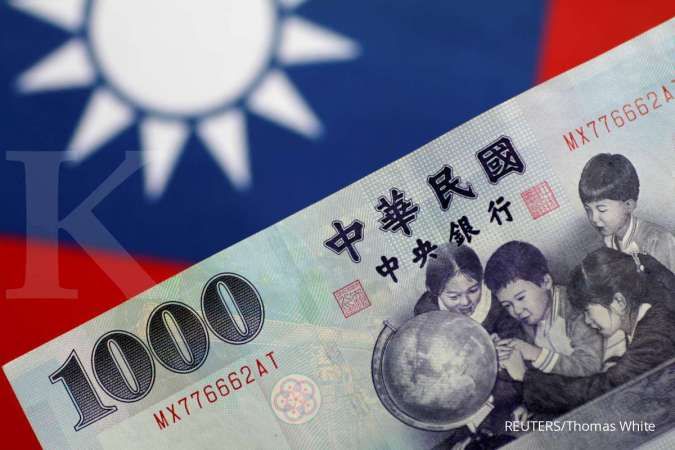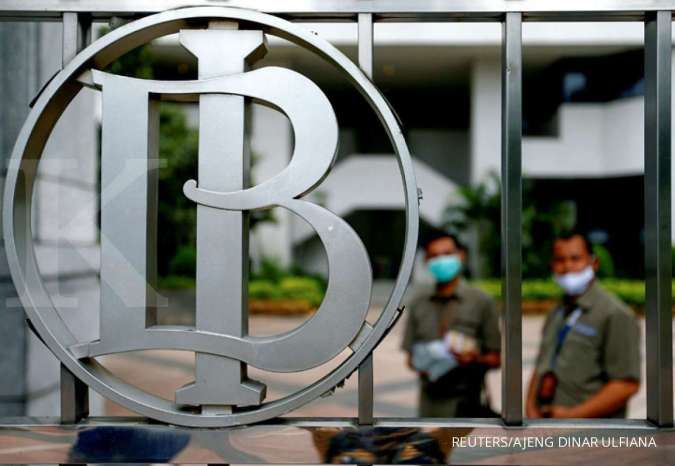KONTAN.CO.ID - JAKARTA. Indonesia's central bank kept interest rates unchanged on Thursday, as expected, saying current levels are sufficient to meet its inflation goal, while reiterating it is intervening in currency markets to keep the rupiah stable. Bank Indonesia (BI) also announced a plan to issue new securities in rupiah that will use its holdings of government bonds as the underlying asset, a new monetary operation instrument aimed at "supporting efforts to attract foreign portfolio capital flows", Governor Perry Warjiyo said. BI kept the benchmark 7-day reverse repurchase rate at 5.75% for its seventh straight monthly policy review, as expected by the majority of economists surveyed by Reuters. Its two other main rates were also kept unchanged.
BI has been trying to balance currency stability, keeping inflation in check and maintaining growth momentum in Southeast Asia's largest economy as exports fall amid softening commodity prices and weak global growth. There have been calls for BI to start considering rate cuts to shore up growth after inflation cooled to within BI's target earlier than expected, but some economists also say further tightening is still necessary to narrow rate differentials with U.S. assets and prevent the rupiah from depreciating. "Our monetary policy, the BI rate is going to be directed at guiding inflation, domestic growth," Warjiyo told a press conference.
Read Also: Oil Down on Weak Economic Data, US Federal Reserve Chief's Speech in Spotlight To mitigate the impact of another potential rate hike by the U.S. Federal Reserve in September, BI will continue with its currency intervention in the spot and domestic non-deliverable forward markets and relying on its new securities, the governor said. "We have over 1,000 trillion rupiah of government bonds that we can use as underlying asset for the Bank Indonesia Rupiah Securities," he said, adding that the notes will have 6-, 9- and 12-month maturities and are to be offered from Sept. 15. The rupiah, which had gradually fallen since mid-July to its weakest levels since March, strengthened 0.3% against the U.S. dollar ahead of the announcement and was steady after the rate decision. The rupiah is still up about 2% so far this year, but the currency as well as bond yields have come under pressure amid rising U.S. Treasury yields and economic weakness in China, a major trading partner.
Read Also: BRICS Nations Agree to Expand Developing World Bloc On the other hand, while Indonesia's growth outperformed market expectations in the second quarter amid rising household spending, the outlook for the remainder of 2023 remains bleak. Exports are contracting while a general election scheduled for February 2024 has held back investment decisions. Inflation slowed in July to 3.08%, roughly in the midpoint of BI's 2% to 4% target range. "BI signalled a preference to tap a confluence of intervention efforts, measures to draw more dollar inflows ... to address the more pressing currency depreciation pressures," said Radhika Rao, economist with DBS Bank, calling the rate decision "the middle path to balance stability and inflation priorities". BI kept its 2023 economic growth forecast at a range of 4.5% to 5.3% and continued to predict inflation will stay within its target range this year and next, when the target will be moved to 1.5% to 3.5%.






